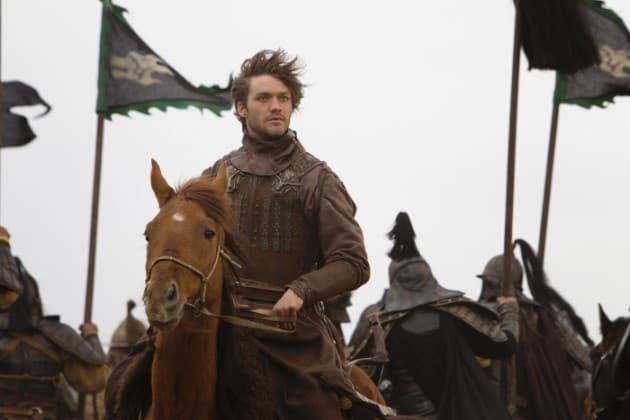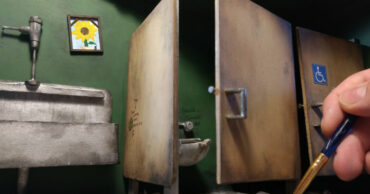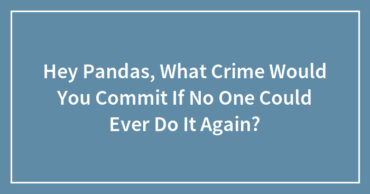
Marco Polo is an interesting $90 million gamble for Netflix: based on a man best known for being a pool game, and featuring precisely zero well-known American actors, Marco Polo isn’t exactly the entry into period war drama one might expect. Labeling the show as “Netflix’s Game of Thrones” isn’t correct, either: although “The Wayfarer” certainly employs the empty nudity and dialogue-heavy politics many GoT clones have, Marco Polo is a different kind of elaborate-costumed beast, one that might not have any interesting stories to tell about the difficulties of war, but shows a lot of potential in a show examining the differences between cultures in a fashion similar to the Avatar series – though through its first hour, Marco Polo hasn’t shown itself sharp enough to make these cultural distinctions and frictions interesting.
Part of the problem is just how much Marco Polo throws at the audience in “The Wayfarer”: from the amount of characters to the confusing location of different places, the show struggles to establish just what and who matter in this story. There are loyal princes to Kublai Khan, terrible fathers who leave their son behind, dying rebel leaders with headstrong children and protectors of their fortress, and council members concerned with Kublai Khan’s obsession with becoming emperor of all China… there are a bevy of characters on Marco Polo – and outside of the titular character, the show doesn’t do a great job establishing just who everybody is, and why they matter (besides Kublai, of course).
Sometimes, the “throw viewers in the deep end” approach can produce wonders; however, every show is not The Wire or Deadwood, and Marco Polo seems a little blind to this simple fact. The only clear story lines involve Marco and the Khan’s slowly growing friendship – and in the rebel Song-dynasty controlled village of Chengyeng, an apparent heir unwilling to waver to the power of Khan and his dying father’s wishes. So far, the latter has gotten less screen time, yet appears to be the most interesting thread of the two: not only does it contain the show’s most recognizable face to American audiences (Chin Han, of The Dark Knight and Arrow fame), but it features an interesting cross-section of dynasty family politics (between Han’s Jia and his sister Mei Lin) and generational power transfer – though again, so far this amounts to “heir refuses to acquiesce weak man’s demands, even though they’re totally logical”, and needs more screen time to grow into something more complex.
The biggest problem with “The Wayfarer” is how poorly it sets up its initial premise: the first twenty minutes are a confusing mix of flashbacks and premise execution, with Marco’s father mysteriously leaving his son behind with the Khan in order to establish more trade routes in the West. “The Wayfarer” attempts to give Marco’s relationship with his father some context in later scenes, but nothing’s able to justify (or even explain) why Niccolo is so eager to give up his son in the face of his own failure (concerned with the spread of Christianity across Mongolia and China, the Khan wishes for the Pope and Christian priests alike to pledge their fealty to his dynasty… God complex galore, amirite?). In turn, it makes the Khan’s treatment of him throughout the hour nonsensical: first he places him in prison, then bathes him, then gives him a hardcore, blind kung fu trainer… and then gets told to walk through an opium den/brothel without batting an eye to prove his loyalty? There aren’t a lot of beats in “The Wayfarer” that feel connected to others in meaningful ways, but they pale in comparison to the randomness of Marco’s non-journey in this episode (not to mention the characterization of Marco, which adds up to “he’s smart…. I guess?”).
However, there’s still potential for Marco Polo in its next nine episodes: the aforementioned politics, the beautiful cinematography, and my ever-persistent hope that the show rises above nudity and blood to really explore the spiritual and historical ideas it hints towards in its first episode. As expensive as it is hollow, Marco Polo‘s pilot feels like a place card for an actual story and series to come; it’s just impossible to tell in the first episode whether that show is going to be any good.
Photo via Netflix
 Follow Us
Follow Us





